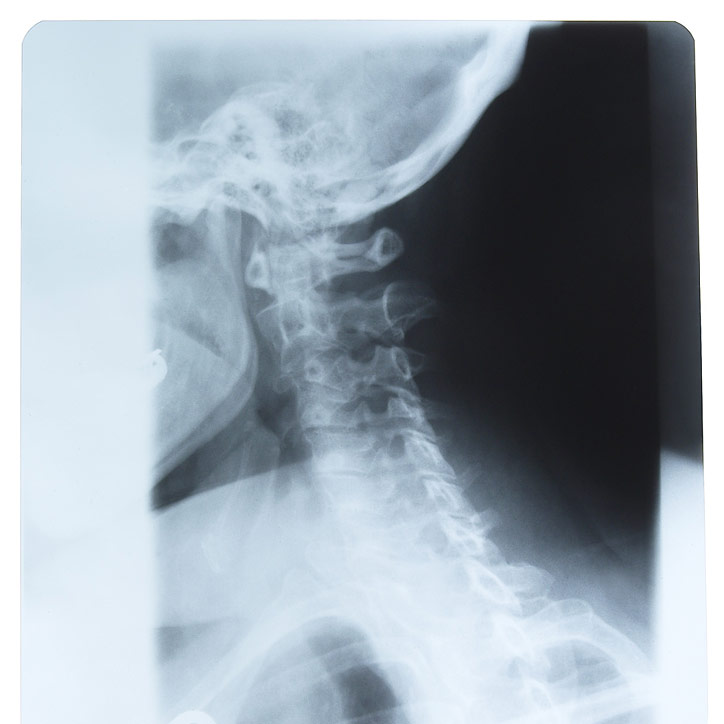
WEDNESDAY, Nov. 18 (HealthDay News) — New research offers bad news for women who develop a condition known as preeclampsia during pregnancy: They’re at higher risk of reduced thyroid function and may be more likely to have thyroid problems in later life.
Preeclampsia develops in the second half of pregnancy and can cause serious problems such as extremely high blood pressure. The causes aren’t clear, but may have something to do with high levels of proteins in the body.
Researchers in the United States and Norway looked at two groups of pregnant women: those who developed preeclampsia and those who didn’t, and published their study findings in the Nov. 18 online edition of BMJ.
In the U.S study, researchers compared 140 healthy pregnant women who developed preeclampsia with 140 women who didn’t. Those who had the condition showed double the levels of thyroid-stimulating hormone as those who didn’t develop preeclampsia.
The Norwegian study followed 7,121 pregnant women for about 20 years and found that having had preeclampsia, especially in two pregnancies, boosted the risk that they would have high concentrations of the hormone years after being pregnant.
The researchers suggest that doctors should closely follow women who develop preeclampsia, keeping an eye out not just for heart and kidney disease, which are known risks, but also thyroid disease.
More information
Learn more about preeclampsia from the Preeclampsia Foundation.

